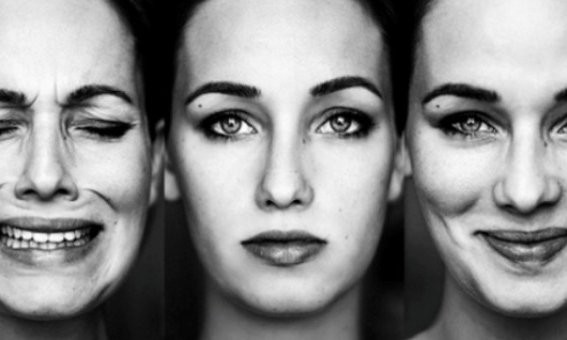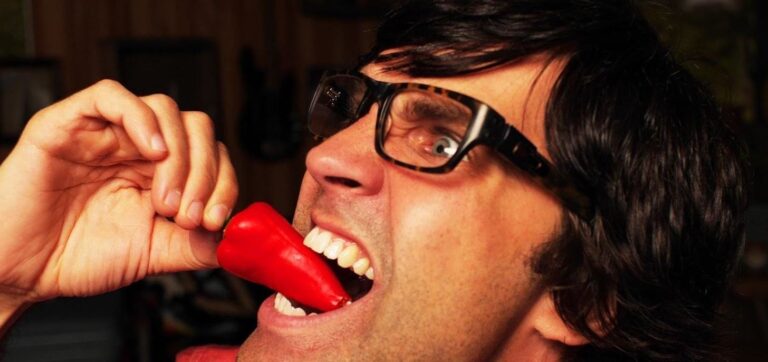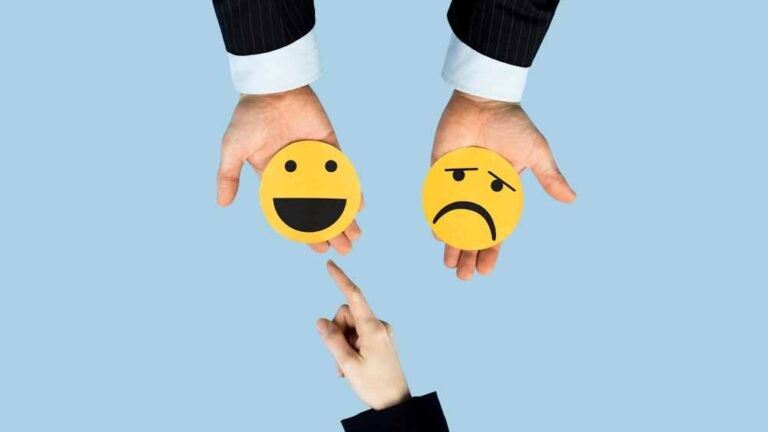
Happiness is like a muscle, because the more we exercise it, the happier we become. The same holds true for unhappiness, whereas our current negativity, leads to more future negativity, and who wants that?
This seems to be a universal truth, whereas if we do more “correct” or “wrong” actions we do (whatever they may be, about that later), the more correct or wrong actions we will want to do, which in turn predicts our current and future mood.
This raises a question: if happiness is like a muscle, then how can we train it to maximize our happiness and well-being?
Why Happiness is Like a Muscle
My realization that happiness is a muscle came to me over time, by observing my best and worst days, when I did, respectfully, more or less “right” actions. For example, on my best days I would wake up earlier, take cold showers, eat healthier, and exercise more. On a bad day, I wake up late, excessively browse social media, play video games, and overall procrastinate.
On some days, I would actually start with the wrong actions, bringing down my daily productivity, but I would pick up the pace by stopping to do these wrong things and focus on doing things I needed to do. For example, I was lazy and unmotivated, but after forcing myself to clean up the house I gained new energy, which I used to get even more work done. Oppositely, on some days, I started being productive, but after a few bad decisions, I could not do any more work.

How We Act Dictates Our Day
Let’s now talk about what we mean by “right” and “wrong” actions. In my opinion, nothing is innately good or bad, meaning that in certain situations the good can be the bad and the other way around, but, overall, there are few universal actions that lead to more or less productivity:
List of “right” actions
- Waking up earlier
- Taking a cold shower
- Eating healthy
- Exercising
- Cleaning the house
- Organizing your to do list
- Starting with the most important tasks
- Leading a happy lifestyle
- Knowing when to stop working and when to take a break
List of “wrong” actions
- Excessively browsing social media
- Excessively watching TV and news
- Eating unhealthy
- Overeating
- Procrastinating
- Being unfocused and distracted
- Not having a concrete plan for a day
- Giving up on day before it even started
- Working on the least important tasks
- Being stressed, depressed, and overwhelmed
Of course, there are many other things we can do to move our mind and body in the right and wrong directions, but overall the actions above are a good guideline. As such, if you ever catch yourself doing one of the above things, consider whether you are overall doing the right or the wrong tasks overall and act accordingly.
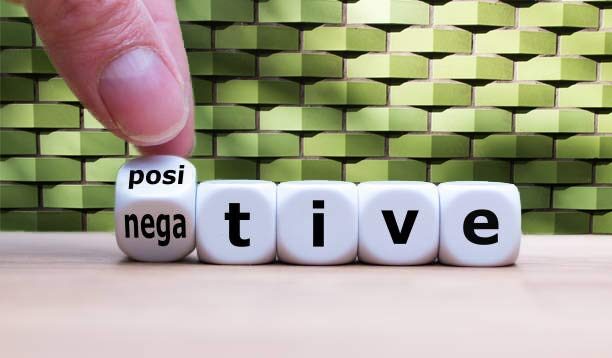
How to Develop Happiness Muscle Memory
It is like the muscle metaphor because all previous positive or negative emotions reinforce future positivity and negativity. It’s like becoming a bodybuilder of positivity or negativity.
Some people are full of positivity and when they face an occasional negativity it doesn’t really budge them, because they have a buffer that helps them to stay strong and happy in the long-term. Respectfully, negative people easily succumb to negativity, because they know that happiness is hard and it’s not worth even trying to feel happy.
This is not to say that negative people don’t want to feel happy. They do. Arguably, everyone wants this, even if they don’t know how to reach this state. And if ever someone will state that they want to feel negative because it is somehow positive, I recommend them to contact me immediately, because they are following some broken formula of happiness, which is incorrect and untrue.
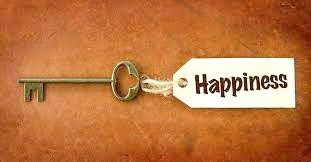
The Key to Happiness
When I say that happiness is like a puzzle I refer to a simple realization that there are correct and incorrect actions we all do that make us happier or unhappier. The list of these actions can seem to be rather large and confusing. However, once we know the right steps to make and which to avoid, happiness becomes almost certainly guaranteed.
People often say that there are many different formulas for happiness and everyone has their own formula. This is incorrect, because true happiness comes as a composition of several “right” steps and actions, which people incorrectly proclaim to be some sort of “mini formulas for happiness.”
However, there are more than enough “wrong actions” we can take, which decrease or eliminate any and all benefits of happiness we could achieve if we follow these wrong steps. This is why it’s not only important to act right, but also not to act wrong.
The Full List of “Right” and “Wrong” Actions
In the gyms there are personal trainers whose job is to help people work on their bodies’ training to achieve the goals they desire. Of course, we can do the exercises by ourselves and hope for positive results. Still, with the right guidance, we can achieve better results and reach even greater highs.
As for the list of “right” and “wrong” actions which would lead to happiness, I recommend reading my book: Optimal Happiness (or contacting me personally), which is like your personal trainer of happiness, and which discusses the full formula of maximizing our happiness.









